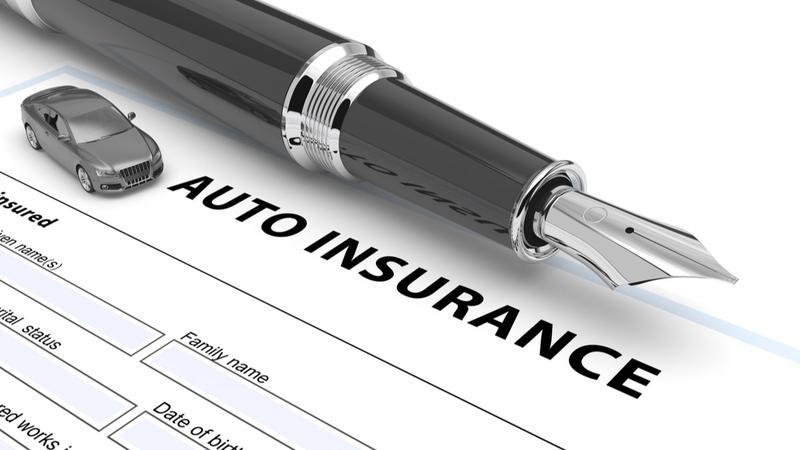When it comes to shopping for auto insurance or dealing with a claim, there are a lot of terms used that may leave you feeling a little confused and overwhelmed. Understanding the basic terms used in the insurance industry can help you to successfully shop for and purchase the right policy and also help you navigate through the claims process.
Terms Describing Coverage
When it comes to your auto coverage you will run into a lot of terms that describe the various parts of a policy. Knowing what they mean is vital to selecting the right coverage for your needs.
- Third-party Liability. This refers to the coverage provided by the insurance company to pay out liability claims against you. Liability, as the word implies, pays for damages for which you are found liable. This includes property damage and injuries caused by your actions. All drivers are required by law to carry a minimum amount of $200,000 for third-party liability.
- Collision and Comprehensive. These two terms describe the most common optional coverage choices on an auto insurance policy. Collision coverage provides coverage to repair the damage to your vehicle in a situation where you are found to be at fault or your vehicle is damaged by an unidentified vehicle (hit & run). Comprehensive coverage provides for repairs to your vehicle that are caused by something other than a collision – theft, vandalism, weather or other possible causes.
- Deductible. The deductible is the amount for which you will be responsible in the event of a claim. If you make a claim against your comprehensive or collision coverage, you will pay a portion of the damages out of pocket. This is your deductible. The amount of your deductible can have a big impact on your rates.
- Optional Coverage. As mentioned, collision and comprehensive are both optional coverage choices. Optional coverage is a term that refers to any coverage on your policy that you are not required by law to carry. Other coverage that falls into this category includes wavier of depreciation (providing replacement value for a brand new car), rental car coverage, roadside assistance and accident forgiveness.
Terms Used in the Claims Process
An auto insurance claim can be confusing enough without adding the confusion of not understanding some of the terms being used by the insurance adjuster. Clear up the confusion with a basic understanding of these common terms.
- Total Loss. Also known as a write-off, a total loss is what happens when the cost to repair the damage to your vehicle is higher than the value of the vehicle. The insurance company determines that it is not financially worth doing the repairs and declares the vehicle a total loss. You will then receive a payment for the determine value of the vehicle. The insurance company takes ownership of the vehicle itself.
- Fault. This is a tricky term, although simple on the surface. Fault basically means who was responsible for the accident occurring. Insurance adjusters determine this by gathering all available information on the accident including police reports and witness reports and then deciding whose actions caused the accident. Even in a no-fault insurance province, someone will be found at-fault in every accident; however, based on the circumstances of the accident, there may be more than one driver found negligent and each insurance company may become involved to determine a degree of responsibility for each driver involved in the accident. If there is a dispute, court action may be required.
- Accident Forgiveness. You may see this term when you are buying your policy, but it will come into play during the claims process. When you are found at fault in an accident, you can avoid a surcharge on your policy if this is your first accident and you have this endorsement (optional coverage) on your policy.
General Insurance Terms
There are a few common terms you will run come across when dealing with your auto insurance that are good to know. These define the terms of your policy as well as how it covers you.
- Policy Limits. This term describes the amount of coverage that is available for any particular type of claim. Your limits are the maximum amount that the insurance company will pay out in any situation.
- Endorsement. This is something that is added to the standard terms of a policy in order to provide extra or specific coverage. You might add an endorsement to your auto insurance policy to cover expensive rims or other equipment.
- Agent and Broker. These are two different types of people who can help you to obtain auto insurance coverage. An agent generally works for only one insurance company, while a broker represents several.
- No-fault Insurance. This term refers to the method of claims settlement used in certain provinces wherein no matter who is at fault in an accident, each insured has their claim paid by their own insurance company. It does not mean fault will not be determined in the case of an accident, only that fault does not decide which company pays the claim.
Whenever you’re unclear on what an insurance term means, be sure to ask your agent, broker, or customer service representative for an explanation. It pays to be an informed insurance consumer.
